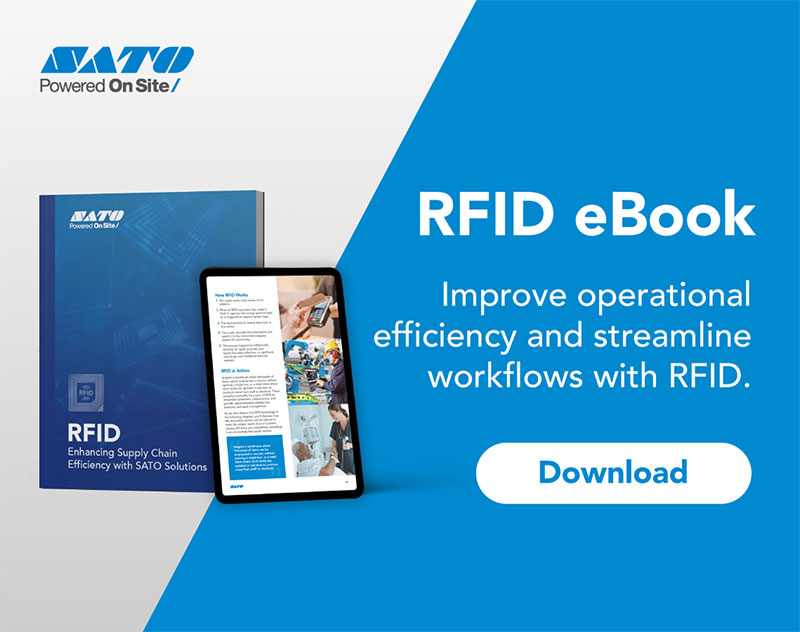Supply Chain Snapshot: Weekly Industry Insights #21
10/09/24
This week’s insights highlight how industries are evolving their supply chains, focusing on sustainability, digital transformation, and resilience. From customisation in the automotive sector to the rise of AI in supply chain management, these developments are shaping the future.
Automotive moving towards customisation and competitiveness
The automotive industry is shifting towards customised production, driven by consumer demand and the need for just-in-time manufacturing. Manufacturers are rethinking supply chains, optimising inventories, and reducing lead times to stay responsive. At the same time, Mario Draghi’s roadmap for the EU automotive sector highlights the need for innovation and investment in electric vehicle (EV) production to stay competitive on the global stage. Learn more about customisation in automotive and how the EU is boosting competitiveness.
Healthcare embracing technology to drive sustainability
In healthcare, sustainability is becoming a top priority, and technology is playing a crucial role. McKinsey outlines how APIs (Application Programming Interfaces) are helping to decarbonise healthcare supply chains by automating operations, reducing waste, and cutting emissions. This push towards greener practices is crucial for the industry’s future. Discover how APIs are decarbonising healthcare.
Reducing food waste and optimising supply chains
The food sector is making strides to reduce waste and improve sustainability. By improving logistics and using AI-powered tools, businesses are addressing inefficiencies and food loss across the supply chain. These innovations are helping the industry cut down on waste while meeting growing demand. Explore the transformation in food supply chains and how AI is enhancing supply chain visibility.
Collaboration and innovation driving sustainability
Collaboration is essential for creating sustainable supply chains. Companies are working closely with suppliers and partners to build more efficient, transparent, and eco-friendly processes. At the same time, startups are playing a key role in the circular economy, developing creative solutions for reducing waste and improving recycling practices. These smaller innovators are making a big impact, especially when partnering with larger organisations. See how collaboration is driving sustainability and how startups are leading the circular economy.
Retail and fashion navigating disruptions and sustainability challenges
Retail supply chains are experiencing disruptions from geopolitical tensions, particularly in the Red Sea region. These issues are causing delays and increased costs, leading retailers to rethink their supply chain strategies. Meanwhile, the fashion industry is addressing sustainability by incorporating reverse logistics to manage returns and reduce waste. This shift not only supports the environment but also helps brands lower costs and improve their sustainable image. Learn how retailers are handling disruptions and how reverse logistics is reshaping the fashion industry.
Technology reshaping supply chains through digital maturity and IoT
Digital maturity is becoming a priority for supply chains as industries move towards full digital integration. Companies that can successfully integrate AI, machine learning, and IoT with their physical operations stand to gain the most in terms of efficiency and transparency. Ambient IoT, in particular, is revolutionising supply chains by enabling real-time monitoring and tracking, especially in industries requiring high levels of traceability like healthcare and pharmaceuticals. Discover the importance of digital maturity and how IoT is transforming supply chain management.
Managing global supply chains in a volatile world
With ongoing challenges like geopolitical tensions and technological disruptions, supply chains are under pressure. However, advancements in automation, AI, and digitalisation are offering solutions. Companies that invest in these technologies will be better equipped to manage complex supply chain environments, ensuring they remain resilient and adaptable. Stay ahead of the latest supply chain trends.
The rapidly changing landscape of supply chains requires businesses to remain agile, whether through adopting new technologies, fostering collaboration, or building resilience against disruptions. Keep following Supply Chain Snapshot for the latest developments and insights.
Visit SATO Europe for more in-depth industry perspectives.
Latest News
All News

10/02/26
SATO Europe appoints Armelle Jaclot as European Marketing Director
10 February 2026 – Heidelberg, Germany – SATO Europe...

02/02/26
SATO strengthens its European manufacturing capabilities as Polish site achieves...
2nd February 2026 – Heidelberg, Germany ...












